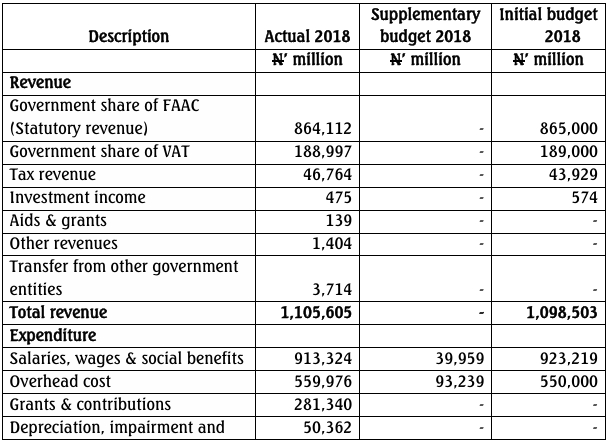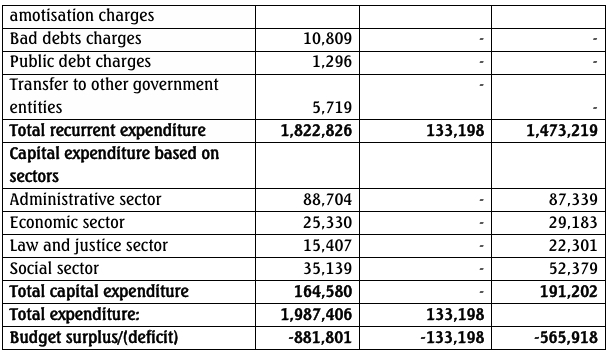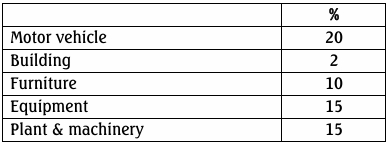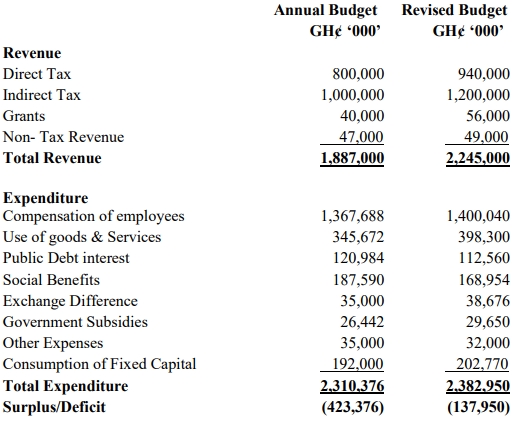The University of Okoko Consultancy Unit (Uniko Consult) provides training courses for staff, public and private individuals. The consultancy unit is currently collating information for its budget for the six months ending December 31, 2021. The following information is available:
(i) Provisional bookings for courses:
|
July |
Aug |
Sept |
Oct |
Nov |
Dec |
| Number of courses |
0 |
2 |
4 |
3 |
4 |
4 |
| Average number of attendees per course |
0 |
16 |
8 |
16 |
8 |
12 |
No courses are run during the month of July. Uniko Consult requires intending participants to confirm their attendance in the week prior to the course, giving their credit card number as a guarantee. On average, 75% of provisional bookings are confirmed and therefore result in fee payment.
(ii) Course prices:
Each course lasts for three days, running from Friday to Sunday. The fee for each course is N120,000 per attendee. Any returning participant will be given a 25% discount on the fee. One in three of confirmed bookings is from a returning participant.
(iii) Personnel costs:
The courses are delivered by an experienced team of professors led by Emeritus Professor Omopinleola, who charges Uniko Consult N300,000 for each course. His assistant, Dr. Chukwuma, is paid a wage of N50,000 per course. Uniko Consult has several part-time support staff. Wages costs for July are only N100,000 per month, but every month thereafter amounts to N400,000. The consult is planning to increase wages by 5% from September. All staff are paid at the end of each month.
(iv) Property costs:
The University owns a Researchers’ Lodge, which includes an office, a kitchen, and two conference rooms. Uniko Consult rents the Researchers’ Lodge at a rental cost of N2,400,000 per annum, with rents being paid quarterly in advance on March 31, June 30, September 30, and December 31. However, the Consultancy Unit has received notice from the Bursar stating that, with effect from December 31, 2021, annual rental payments will increase by 5%.
(v) Food costs (Tea break and lunch):
All food items purchased are organic and delivered weekly by Uniko Farms. On the 5th of each month, Uniko Consult pays the bill for the previous month’s food deliveries. In December, Uniko Consult is also required to settle its bill for December due to the two-week holiday taken by Uniko Farm in January. The cost for food on each training course is N5,000 per attendee. However, inflation of 2% per month is expected from September onwards. Food costs for June 2021 are expected to be N110,000.
(vi) General overheads:
Uniko Consult’s annual running costs are N835,000, paid in ten equal instalments from April to January each year. Fuel costs of N420,000 per annum are paid through monthly direct debits. Due to a systems error, the direct debits from January to April failed, so the payment for July will include these outstanding amounts.
(vii) Capital expenditure:
Uniko Consult needs to replace three air conditioners by August at a cost of N180,000 each, with a 10% discount negotiated. The supplier allows the payment in two instalments—one in August and the other in October.
(viii) Bank account:
The balance on the Consultancy’s bank account is expected to be zero on June 30, 2021, but it has an adequate overdraft facility to cover any cash deficit.
(ix) Remittances:
The Consultancy Unit must remit 50% of its cash balance to the University’s account on a half-yearly basis.
Required:
a. Prepare a cash budget for each of the six months ending December 31, 2021.
Note: All workings should be rounded to the nearest N000. (20 Marks)
b. Enumerate the steps involved in Planning, Programming, and Budgeting Systems (PPBS). (7 Marks)
c. State and explain THREE characteristics of the performance budgeting system. (3 Marks)










